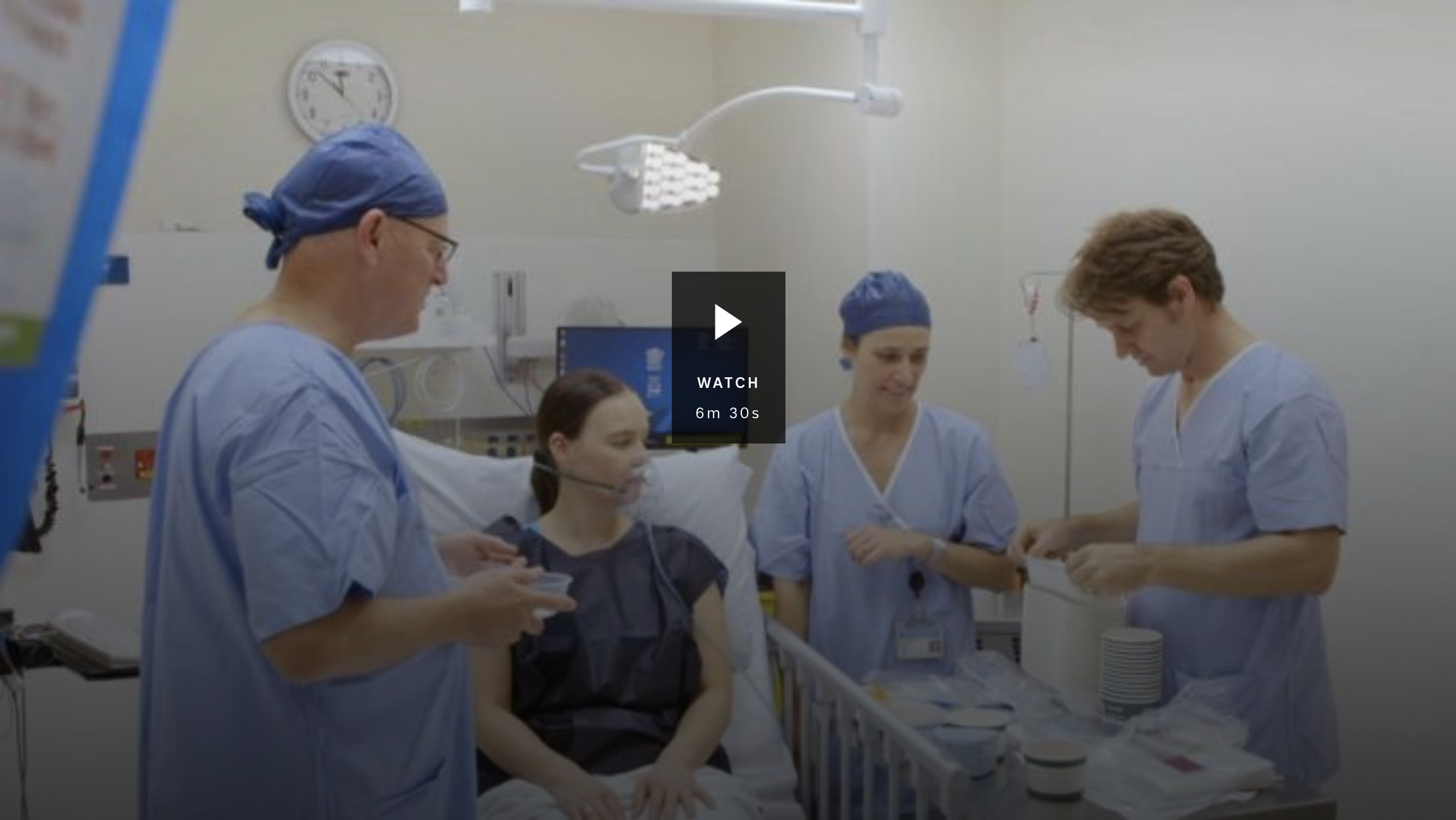World Health Day, established by the World Health Organisation (WHO) in 1948 and celebrated every year on April 7, draws attention to a specific health topic of concern to people all over the world.
This year – 2022 – the theme of “Our Planet, Our Health” focus on creating awareness and reducing the 13 million deaths around the world each year that are caused by avoidable environmental causes – floods, pollution, heat stress, contaminated water, and food shortages.
Re-imagining our healthcare world
Here at Olinqua, we have a Vision – an ultimate purpose for doing what we do within the healthcare space – re-imagining a world where healthcare is delivered better, smarter, and safer.
Whilst our primary focus to advance our Vision is based on innovative technologies, as a team truly passionate about empowering and supporting our healthcare workers, we would like to take this opportunity to:
- celebrate inspirational stories within our industry that are helping to create a healthier tomorrow through goals identified by WHO for healthcare workers and facilities.
- share how all of us – including our team members – can contribute to Our Planet, Our Health.
How our healthcare facilities contribute to a healthier tomorrow
As part of World Health Day 2022, WHO has provided recommended actions for health facilities and workers. We are excited to be able to share inspirational efforts already in place or coming up to help achieve a healthier tomorrow within the industry we support and work in:
- Support efforts to reduce health care waste and support purchase of environmentally friendly products that are easily recyclable or reusable.
- Since 2017, Brisbane’s Princess Alexandra’s Hospital explored ways to recycle hard and soft plastic, PVC, stainless steel, copper, aluminum, wax, and food waste. An alternative sugarcane kidney and injection tray saved 680,000 items ending up in landfill. The innovation of having their own shredding machine saved disposal costs and generated an estimate profit of $3,764 per month. Hard plastic recycling avoids landfill costs and provides $100 per tonne profit back to the organisation producing an overall reduction of 778,690kg in waste from landfill.

- Also: check out Surat Multi-Purpose Primary Centre team who has recently switched on their solar power to reduce the facility’s carbon footprint and increase their ability to provide more care to the community
- Provide sustainably grown local food and ensure healthy food choices by reducing sodas and highly processed and packaged food in health facilities:
- In 2018, Western District Health Service in Hamilton, Victoria, opted for a menu that is purely “green traffic light” food only under the State’s Healthy Choices program. The year before, NSW Health had also put a blanket ban on soft drinks in all hospitals and placed a 25 per cent maximum of a cafeteria or vending machine offerings being defined as “junk food”. You can read more on this via the Australian Food News online site.
- Decarbonise health facilities and identify opportunities to save energy:
- Fiona Stanley Hospital in WA was designed to set a new standard of green health care in Western Australia. Rooftop gardens improve the thermal performance of buildings, capture stormwater, and filter stormwater for contaminants, whilst the se of solar passive heating and cooling and a tri-generation plant generate reserve powers. Check out the designs from leading urban designers, Hassell.
- Advocate for health to be at the centre of climate change policies:
- Our healthcare leaders are advocating and influencing peers, government, and facilities to adopt climate change into their healthcare policies. We see this with the Royal College of Surgeons’ Climate and Australia’s Healthcare Systems recommendations and the Australian Healthcare and Hospitals Association (AHHA) research paper on this topic.
What we can all do for Our Planet, Our Health
“Every individual matter, every individual has a role to play, every individual makes a difference” according to Dr Jane Goodall and when we learn, see, and hear about how we can all advance WHO’s Our Planet, Our Health focus, we could not agree more!
Here are just some ways all of us – no matter what industry we work in, can actively play a part for supporting Our Planet, Our Health:
- Switch off the lights after working hours. Our co-working offices in Perth and Sydney have a carbon neutral plan that includes power conservation, banning single-use plastics and more!
- Support teleworking when possible. Offering all our team members flexible working arrangements not only supports our environment – less carbon footprint for commuting etc. – but also reduces the mental load of fitting work travel with everyday demands.
- Walk or pedal to work at least one day a week. Choose public transport – Our Head of Delivery, Jeremy Brady, is an advocate of public transport. Check out his Reddit fame whilst catching the train!
What else can we do to support a healthier tomorrow?
What sustainability innovations have you incorporated into your hospitals and/or workplaces? We would love to find out more and help share for many more to be inspired to place climate change at the centre of a healthier tomorrow for people and planet.



